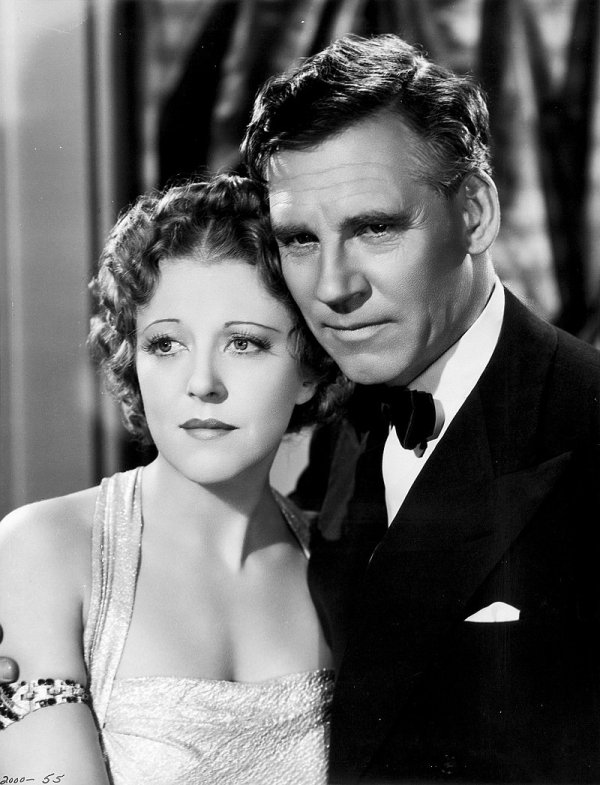- Messages
- 17,500
- Location
- New York City
Began this morning with The Maltese Falcon and The Thin Man on TCM. If Lady ToE and schoolwork allows for it, I will follow this up with The Third Man, Charade, Laura, Vertigo, and Rear Window. What a lineup for a rainy Sunday.
TCM really pulled out a lot of big guns for today.



